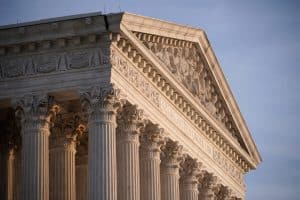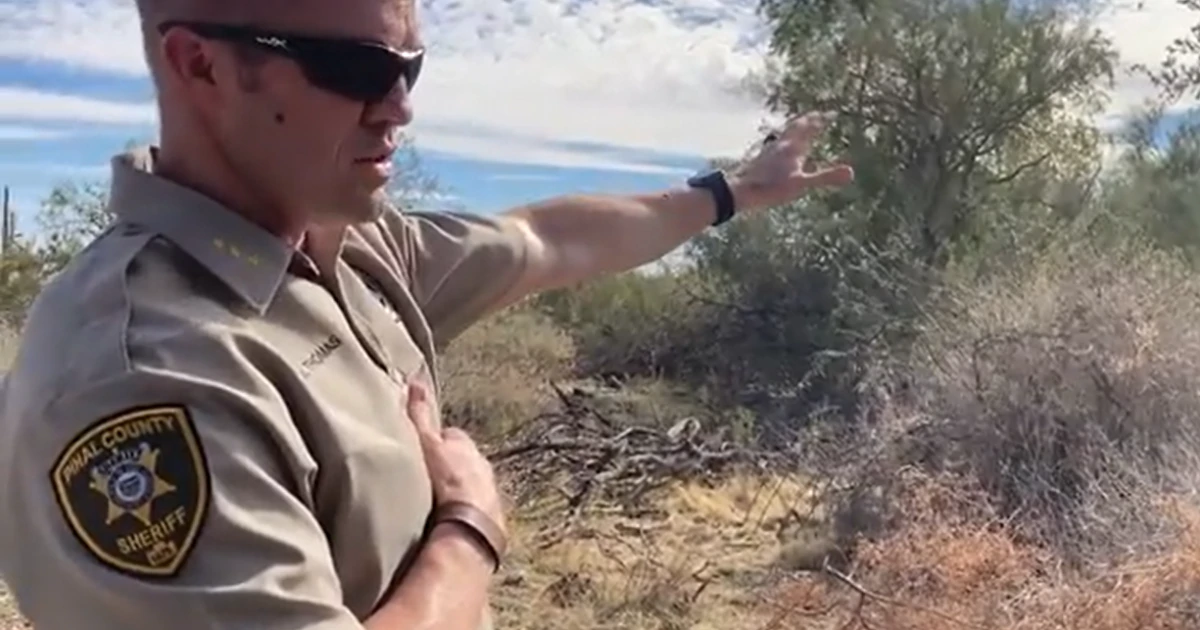Forget about dismantling the power of Big Tech. If a Nevada bill becomes law in the state, tech companies would be given a jolt of steroids. They would be able to start their own governments, according to KCRA.
Democratic Gov. Steve Sisolak announced a plan to launch so-called Innovation Zones in Nevada to jumpstart the state’s economy by attracting technology firms, Las Vegas Review-Journal reported Wednesday.
The zones would permit companies with large areas of land to form governments carrying the same authority as counties, including the ability to impose taxes, form school districts and courts and provide government services.
The measure to further economic development with the “alternative form of local government” has not yet been introduced in the Legislature.
Sisolak pitched the concept in his State of the State address delivered Jan. 19.
Read the rest to get a sense of the idea’s contours.
While Sislak’s proposal focuses on today’s tech companies, it’s far from a new idea. Democrats are usually living in the 20th century, forever hailing back to the 1960s for their folk music and back to the 1930s New Deal (which was a failure) for their branding and centralist economic agendas (such as the Green New Deal, which is actually socialist ideas wrapped in Depression-era branding in green paint). Sislak’s idea is even older than that. It hails from the Industrial Revolution and the Gilded Age.
There is a more recent example of a kind of company town. But it’s more of a permit town than a company town. In the 1980s, a friend of Willie Nelson’s by the name of Carl Cornelius owned a truck stop in Hill County, Texas off I-35. He wanted to be able to sell liquor but the county was mostly dry. He incorporated his own town and called it Carl’s Corner. It’s still a town, not a whole lot bigger than the truck stop he owned, which is also still there, decades after he passed on. Willie is of course still going strong.
From the 1890s or thereabouts to the first couple of decades past World War II, the “company town” and the “company man” were inextricably a thing. Companies that were mining coal, extending the railroads, building the telegraph, and generally moving America’s borders and cities west or industries forward were able to establish what amounted to jurisdictions and even forms of currency on land they owned. Workers would live their entire lives in the company town, shop at the company store, and were even often paid in scrip, which was company currency. When you took such a job, you “sold your soul to the company store,” as the old song goes.
They provided jobs but weren’t necessarily a good or bad thing, according to Smithsonian. It depended to a great extent on the type of work the company did.
Towns built by coal companies, for example, were often more on the prison camp end of the spectrum in terms of poverty and abuse. Meanwhile, settlements like Hershey, Pennsylvania, built by the Hershey chocolate company, were meant to be closer to paradise—to woo workers with fancy amenities rather than mistreat them.
Second, as Green explains, to speak about company towns in the past tense is to overlook that they still exist. The original coal and textile towns in America are now largely ghostly, but places like Hershey and Corning, New York, which was invigorated by the Corning glass company, are still going strong. Plus, as the LA Times writes, businesses such as Google and Facebook today are providing housing, amenities and transportation for their workers—meaning that while we think of company towns in sepia tones, they’re also in digital blue.
The new company towns would likely be blue politically too. It would be a requirement to live and work there. It’s probably no accident that Sislak is contemplating allowing them to be built in what are rural areas today. The political divide in our country is not really between red and blue states. It’s between rural areas, which tend to vote Republican, and urban centers, which tend to vote Democrat. The suburbs are battleground neighborhoods and counties.
Company towns mostly went away in the post-war years as the soldiers returned, the baby boom boomed and the suburbs blossomed.
Now they’re back, if Sislak’s proposal becomes law in Nevada.
Imagine, though, what woke technocrats will do with their newfound territorial powers. Imagine “mayors” or whatever title the local tech government leaders take answering directly to Twitter’s Jack Dorsey. Twitter already acts like it has a foreign policy and it censors all kinds of things including actual news. It could take on a domestic portfolio/personality cult at the local level.
These company towns could become outposts for social credit systems similar to China’s (or that harrowing episode of Dark Mirror). Residents/workers might be forced to join unions, depending on the state and industry. Big Tech does tend to oppose unions in its own shops. They would also probably bring about another facet of the Gilded Age: robber barons. The major tech CEOs have already been compared to the robber barons of the Gilded Age even before anyone empowers them to build their own governments. Allowing them to build company towns reminiscent of the Gilded Age would just cement the comparison.






